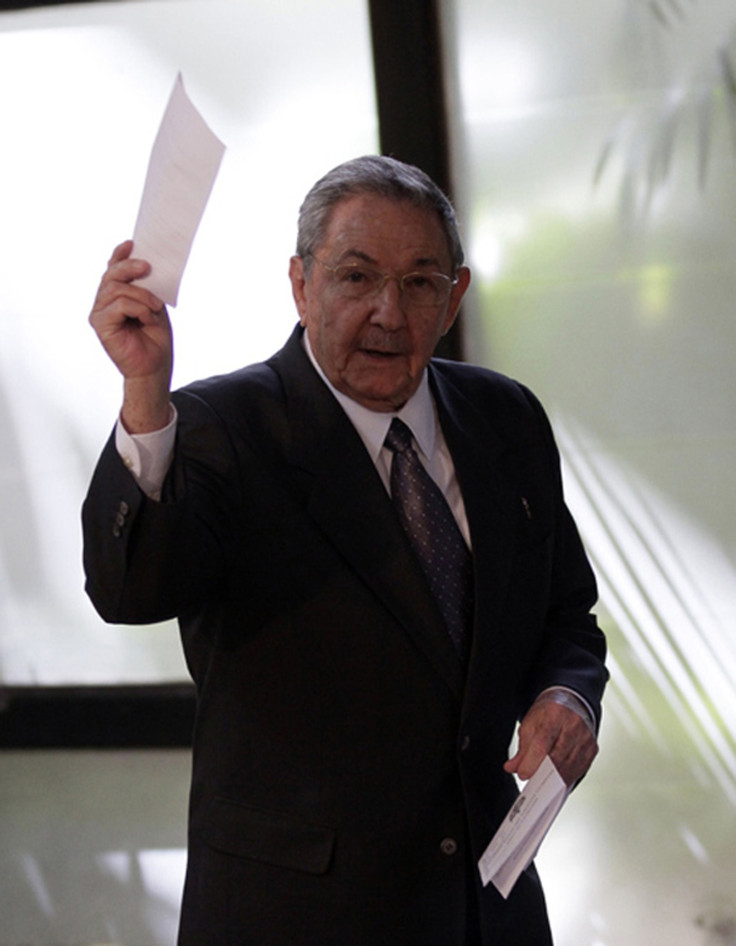
Raúl Castro announced that he will step down from the Cuban presidency when his second term is up in 2018.
According to Reuters, the 81-year-old Castro made the announcement shortly after the National Assembly re-elected him to his second five-year term. He has previously argued that leaders should not stay in power for more than 10 years and previously proposed a limit of two five-year terms, per the Associated Press.
"Today we face the consequences of not having a reserve of substitutes ready," Castro said at the time.
Indeed, as the Los Angeles Times noted, Cuban officials have been criticized for appointing older, revolution-era leaders to senior positions instead of focusing on younger politicians.
However as the New York Times reported, Castro selected the relatively young Miguel Diaz-Canel Bermúdez as his top vice president. The 52-year-old engineer, who is a former minister of higher education, is now the apparent frontrunner to succeed Castro in five years.
According to UPI, the 54-year-old Bruno Rodríguez Parrilla was also promoted to the Communist Party's executive committee. Parrilla was previously a foreign minister. Still, 10 of the 15 members of that committee are in their 70s or 80s, per El Nuevo Herald.
The New York Times reported that Diaz-Canel started out in the army and worked his way up in the Communist Party. He is known as a technocrat with solid managerial skills and was often an intermediary between the government and military.
"He will face the challenge and opportunity to prepare a smooth landing for a new type of civil-military relationship in the future," said Arturo Lopez Levy, a former analyst in the Cuban government.
Over the past year he has appeared on television in Cuba and attended the Rio+20 meeting in Brazil. He also headed the Cuban delegation during the London Olympics last summer.
"[Dias-Cane's appointment is a] definitive step in the configuration of the future leadership of the country, through the gradual and organized transfer to the new generation taking over the main roles," Castro said at the ceremony, per Cnn.
However, as the Associated Press noted, some away from Cuba have a less favorable view of Castro's potential successor. This includes Alejandro Barreras, whose Miami blog On Two Shores aims to connect Cubans around the world.
"I think it's interesting because Diaz-Canel is not a charismatic person," Barreras said. "He's kind of an opaque figure."
What do you think about Castro's new vice president? Post your thoughts in our comments section below.
© 2025 Latin Times. All rights reserved. Do not reproduce without permission.




